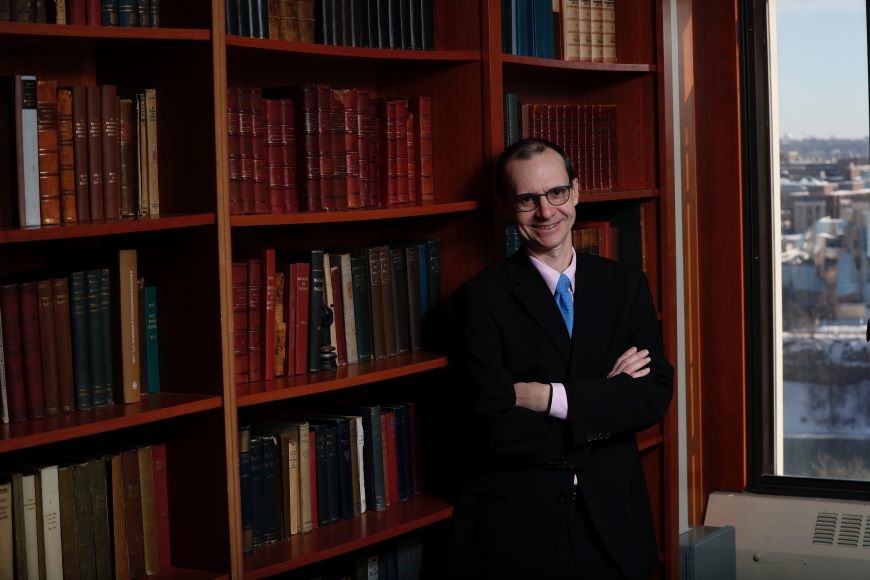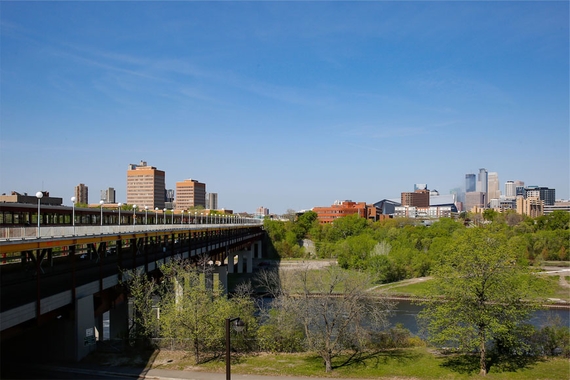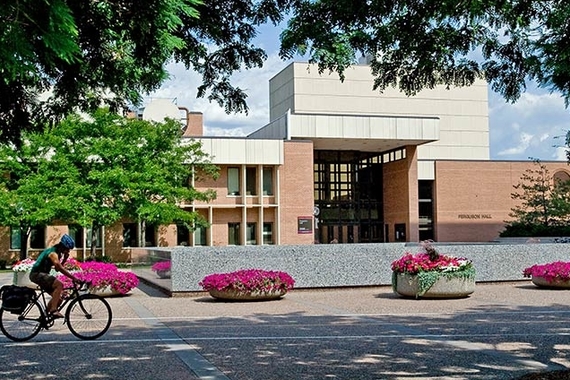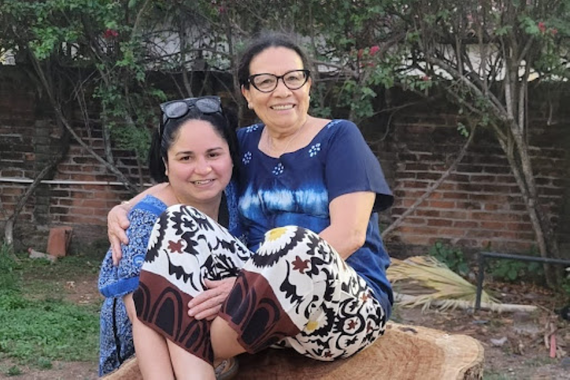The Jewish Sports Club That Survived the Holocaust
Professor Michael Lower loves soccer.
Perhaps it’s just been a lifelong obsession. Maybe it comes from getting his PhD in England. Regardless of its cause, he grew infatuated with the sport. So much so that he started teaching a class about it.
“I was reading so many books about soccer,” says Lower, “and then I thought, ‘Maybe I should try to make this more productive than just reading them for fun.’ So I worked up a class about the history of soccer. And that's been one of the most fun things that I've ever done at the University.”
More Than Just a Team
Though it doesn’t have a strong tie to medieval history (Lower’s main area of study), soccer does connect with his other major historical interest: Jewish history. This unexpected connection brought him to his newest research project on a Jewish soccer team called Hakoah Vienna.
“As I read more and more about soccer, I kept on finding references to this all-Jewish team that had played in Vienna in the 1920s, and not only played but done incredibly well,” Lower explains, referencing their championship in the Austrian League and win against West Ham United in England. “And that really intrigued me. How did this all-Jewish team come together? What motivated them and how were they successful?”
As Lower continued his research, he found that Hakoah was not just a soccer team, but an entire sports club that was dedicated to showing the athleticism of Jewish men and women to the world in the face of massive antisemitism.
“It's like a movement, right? It's a movement to create strong, self-aware Jews. It's really a movement to try to regenerate the Jewish people.”
Surviving Catastrophe
Unfortunately, the moment was short-lived. After several years of persecution (including being sanctioned by the Austrian Swimming Federation for refusing to participate in the 1936 Berlin Olympics) the Nazis banned Hakoah in 1938 as a result of the Anschluss, Hitler’s annexation of Austria.
The legacy of Hakoah, though, lives on. Because of the connections that were made through the club, many of its members survived the horrors of the Holocaust. And from the survivors, the story of Hakoah was able to live on—the club was refounded after the war and still exists today. It is these testimonies that Lower relied on in the research for his book, which is still in progress.
What It Means for Us Now
Lower hopes the book he is writing will be of interest to those beyond the halls of academia.
“This is a book that I want people to get for their nieces and nephews for their birthdays, or for their B’nei Mitzvahs, or for Hanukkah.”
He hopes that it will resonate for two reasons: first, so it can expand the perception of Jewish athleticism beyond existing stereotypes (though he was quick to point out he’s not dismissing anyone. “Sandy Koufax is incredible,” he said, “but there's more to Jewish sports than that”).
Secondly, and perhaps most broadly, Lower notes that in a time like this, with dislocation and forced removal (from Syrian and Ukrainian refugees fleeing the horrors of war, to rising anti-semitism and LGBTQ+ people facing persecution), the story of Hakoah is something that people need to know.
“This is a classic story of a minority community and its struggles, how they cope and how they adapt, and how they survive. And sometimes how they thrive.”
Learn more about Hakoah
Attend Michael Lower's upcoming lecture hosted by the Center for Jewish Studies on March 14, 2023 at 7:30 pm. This event is free and open to the public! For more information, visit the event detail page.



